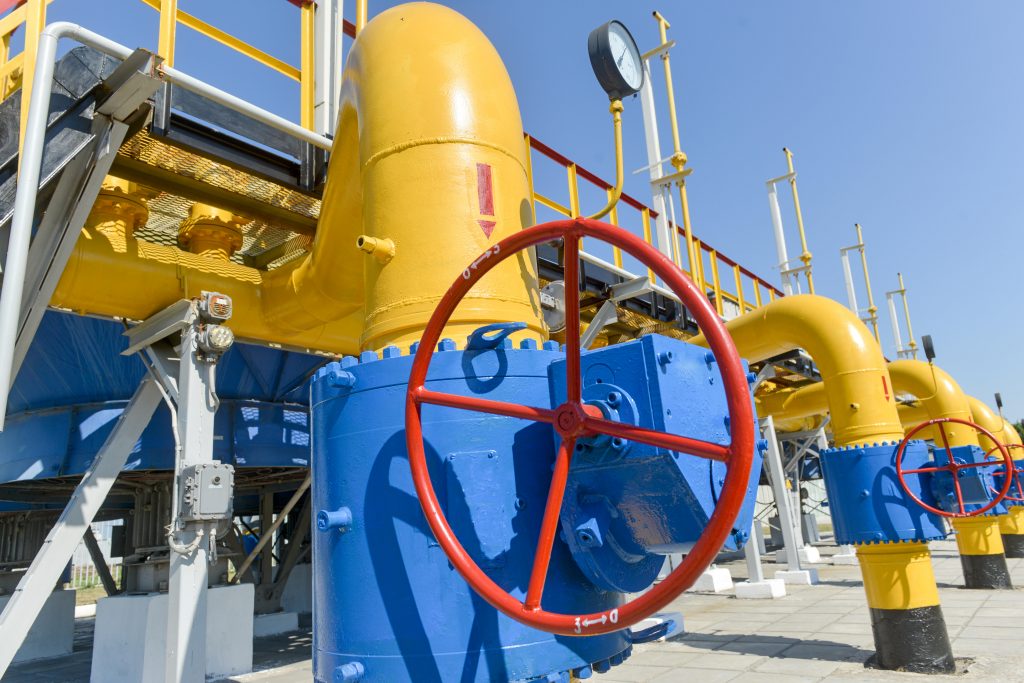BAKU
By Lada Yevgrashina
Hungary wants to buy gas from Azerbaijan from next year, but officials in Baku are sceptical about the proposal and say pricing and logistical issues make it impractical to clinch a deal. They said it was more logical – and cheaper – for Hungary to secure the supplies either direct from Russia or through shipments of liquefied natural gas from Serbia and Croatia.
Hungarian Foreign Minister Péter Szijjártó submitted the request during talks in Baku saying Azerbaijani gas could flow to central Europe by the end of 2023 on the assumption that infrastructure to ensure shipments to the region would be completed by then.
“The volume of our purchases can start with a couple of hundred million cubic metres,” Szijjártó said. “We have already started talks on this with (state oil and gas company) SOCAR.”
Hungarian officials had previously announced that they were seeking annual purchases of about 2 billion cubic metres (bcm) of Azerbaijani gas.
Sources at SOCAR told the Tribune that they viewed the talks with Hungary as a means of soothing European Union concerns that Budapest was significantly boosting shipments of Russian gas.
Cheaper with Russian gas, LNG
“The possible logistics of supplying Azerbaijani gas to Hungary is through the Trans Adriatic Pipeline (TAP) via Greece, Bulgaria and Romania,” said the source, a party to the talks.
“But this is not for any time soon and it is not at all clear whether it is feasible. It cannot be ruled out that Romania will want to carry out its own operation for supplying gas to Hungary, but that won’t be clear until 2023 or later. The price of supplying Azerbaijani gas by pipeline to Hungary is very high and the commercial structure is complicated. It is cheaper for Hungary to secure Russian gas or buy LNG.”
The situation will become clear in any event if TAP’s shareholders, after a final market test, decide later this year to double the capacity of the European part of the Southern Gas Corridor.
Brought into service in 2020, the pipeline is to reach its planned capacity of 10 bcm by the end of this year.
Russian President Vladimir Putin, during talks this week in Moscow with Hungarian Prime Minister Viktor Orban, said that in accordance with two agreements in effect until 2036, Hungary “not only secures Russian gas in stable fashion but has the possibility to buy it at one-fifth the price of market prices in Europe”.
Under those contracts concluded with Russian gas giant Gazprom, Hungary is to receive 4.5 bcm annually without transit through Ukraine via the Turkstream pipeline carrying Russian gas under the Black Sea and through gas pipelines crossing Southeastern Europe (3.5 bcm through Serbia and 1 bcm through Austria).
Hungary’s principal importer of Russian gas is the Panrusgaz company, which in 1996 signed two long-term contracts through 2015 with Gazprom Export. These were subsequently extended to 2021. Gas purchases under these contracts flowed through Ukraine through Berehove, near the Hungarian border, or through the Baumgarten interconnection point in Austria.
Hungary as a gas hub?
As of October 2018, Gazprom Export carried out supplies to Hungary through its Hungarian affiliate WIEE Hungary under short-term contracts. A similar short-term contract was signed in 2019 with the Swiss-based company MET International.
From 1996 to 2019, Hungary received about 261 bcm of Russian gas. In 2020, the country imported 8.6 bcm of Russian gas, compared to 11.26 bcm a year earlier. Hungary’s imports last year fell to 5.9 bcm.
Hungary’s annual gas needs stand at 11-13 bcm and the country’s plans include covering 70-75 percent of those needs with Russian supplies.
From February 1, Ukraine is to receive Russian gas from Hungary in a reverse-flow pipeline regime. Ukraine had previously secured gas in a similar reverse-flow arrangement with Croatia.
Hungary is currently seeking various partners to conclude gas supply deals as part of plans to become a gas hub in the region.

